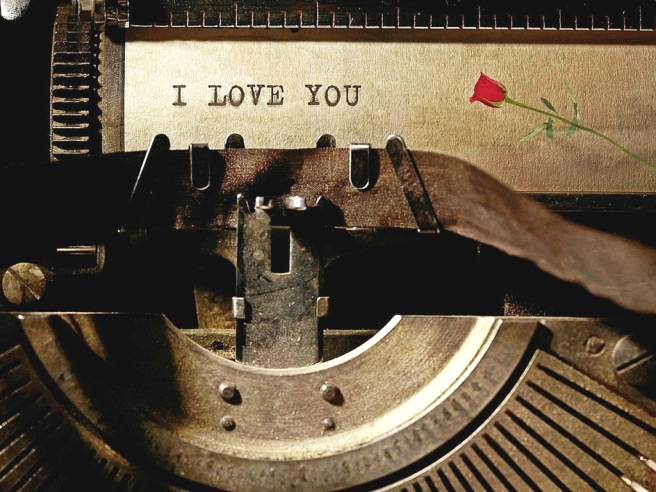Every man is trying to either live up to his father’s expectations or make up for his father’s mistakes.
The End
“Wetin make you cry?” I asked the six foot two gruff security man.
A mattress leaned on its side against one wall and a spare blue uniform hung from a nail on the opposite wall. A small desk and chair on which he sat and lay his head completed the furnishing in the gatehouse.
After prompting him for a while, he replied, “My papa . . . e die before I fit show am wetin I be.”
“When im die?” I asked.
“E don tay.”
A tender moment that never repeated itself. It was the second time I had seen a man cry. The second time was like the first. Both men were crying over loss of something that they had never shared with their fathers because death came too soon.
I have wanted to explore the relationship between sons and fathers for a long time. Finding men who were willing to tell their stories was difficult then as it is now although this time, I offered anonymity.
Two years ago when I approached a friend to contribute to a series on fatherhood, he said, “Do you know I live down the street from my parents and I hardly drop by? When I do, it’s because of my mother. My father, too much stuff going on there.”
When I pressed, he said, “I’m just not ready to go there.”
He is in his thirties now.
A writer I admire said, “We just discovered we have another brother who is twenty-eight! Don’t ask me about my father right now,” before going AWOL on me.
A recent conversation I had contained elements of estrangement I have come to know.
“I didn’t talk to my father for nine years. Well I wanted to, but he wouldn’t speak to me because I disappointed him.”
“How?”
“All my siblings followed the path he carved out for them based on what he perceived as their strengths. He read me wrong. I tried. I really tried not to waste the money he’d spent on tuition, but flunked the first year of school and then quit to do my thing.”
“Let me tell your story,” I urged. It will help someone.
“Dad and I just started talking again, it’s still too fresh.”
I understood and respected that.
When fathers don’t speak their sons’ love language, internal bleeding occurs on both sides. I am suspect of sons who proclaim that they don’t need their father’s affirmation. Sons, who admit that they need and would love to have their father’s affirmation, but have come to terms with not having it and the man they call father, feel real to me.
However, not all stories are punctuated with grief or trauma. There are many stories of afternoons playing ball at the park, evening conversations about what it means to be a man, and long-distance phone calls seeking advice on pressing matters.
Is every man trying to either live up to his father’s expectations or make up for his father’s mistakes? I think so. The dots were obvious to me as I read or listened to stories, even when the narrators were oblivious of the sub-plot of their lives.
Maybe one day I will author a coffee-table book with elegant photos of sons and fathers on one page and the story of their relationship on the other. I hope to paint an accurate picture, editorialized through the soft lens of a son who has received grace for his own mistakes and so better understands the shortcomings of his father.
To me, it remains a space too little explored.
Forget Batman: when I really thought about what I wanted to be when I grew up, I wanted to be my dad. -Paul Asay
P.s. Special thanks to Ayo, Tola, and A.C. for sharing their stories. I thank everyone who also shared their story by commenting on the series.
©Timi Yeseibo 2016
Unauthorized use and/or duplication of this material without express and written permission from this blog’s author and/or owner is strictly prohibited. Excerpts and links may be used, provided that full and clear credit is given to Timi Yeseibo and livelytwist.wordpress.com with appropriate and specific direction to the original content.






